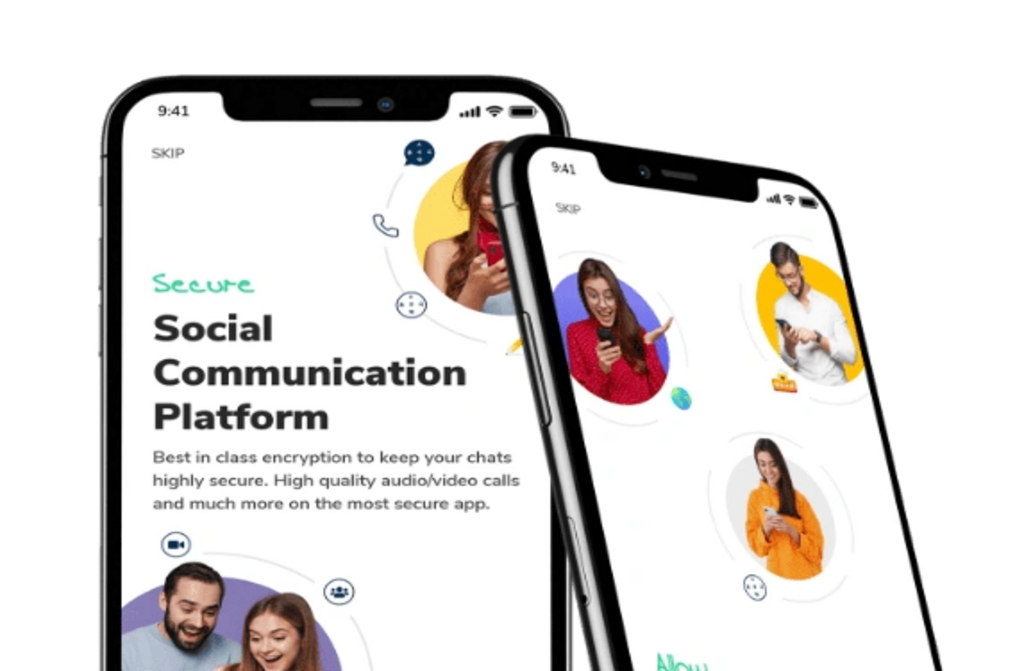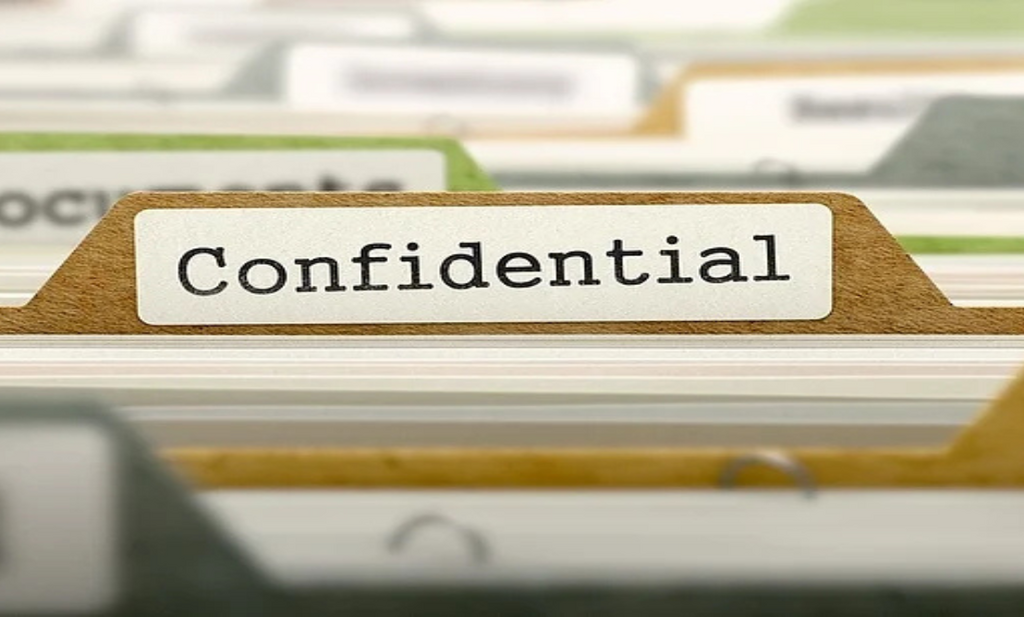In the era where corporate choices are dictated by online conversations, business chat software has come to the front and center of internal communication. Beyond being simple ways of linking teams, they are also stores of sensitive, precious information, from sharing confidential project files to offering real-time status reports.
The issue is that the more we rely on digital communication, the more we must question who owns our data and where it resides. This is where concepts of digital sovereignty and data localization become applicable.
The corporate adoption of real-time messaging solutions across multiple industries, such as government, healthcare, and finance, has made it necessary to ensure safe, compliant, and sovereign data treatment. It is a major strategic priority.
Let’s explore why data localization matters for chat apps, how digital sovereignty in enterprise chat tools will impact secure collaboration in the future, and what your business must do to completely own its communication data.
Gaining Information on Digital Sovereignty and Data Localization
Before getting into the “why,” let’s get clear on the “what.”
- Data localization is the law requiring data produced within a country to be processed and stored within its borders.
- Digital sovereignty is more general. Under this theory, a country (or institution) should be able to govern its data without outside interference, particularly from foreign technology companies or legal systems.
In short, data localization and sovereignty for secure communications ensure that private business information does not inadvertently fall under foreign eavesdropping laws or traverse global boundaries.
Why Data Localization Matters for Chat Apps
Information for business-class communications services is always in motion instead of simply being stored. Each shared document, screenshot, and ping builds towards a growing store of potentially sensitive information.
Here are some points from a commercial perspective on why data localization matters for chat apps:
1. Adhering to regulations
In many countries, chat app compliance with data localization laws is mandatory to adapt due to the enactment of stringent data protection legislation. For instance, localized storage and consent of the users form the main elements of India’s Digital Personal Data Protection Act and the EU’s GDPR.
To prevent non-compliance, organizations working in specific regions should ensure that their chat providers provide data residency options that adhere to these guidelines.
2. Reduction of Risk
Due to worldwide cloud architecture, information is often held in multiple nations, and sometimes even unbeknownst to the user. This increases the chances of you becoming liable to cyberattacks or overseas laws such as the US CLOUD Act.
Companies can minimize legal and security issues by applying data localization to maintain unambiguous control over the geolocation of their data.
3. Employee and Customer Trust
People today are very aware of where their data is headed, especially in controlled industries. Clients and employees can have confidence enhanced by informing them that internal messaging is being stored securely within national boundaries.
4. Faster Access & Reduced Latency
Aside from enhancing security, data localization in enterprise chat applications will benefit local teams through reduced latency, enhanced speeds of access, and enhanced app performance.
Benefits of Data Sovereignty in Chat Applications
Data sovereignty is about who has control and safeguards the data, whereas data localization is about where the data resides.
Some of the key benefits of data sovereignty in chat applications are,
1. Control over decision-making on data: Businesses get to determine their own compliance guidelines, access methodologies, and retention policies.
2. Safety from foreign interference: Businesses safeguard themselves against foreign subpoenas or spying warrants on their communication infrastructure.
3. Improved crisis management: Sovereign infrastructure firms are protected and can still operate in the event of geopolitical tensions or service outages.
4. Autonomy of strategy: Data sovereignty protects firms from dependence on overseas messaging or cloud services, which is applicable for defense contractors or domestic businesses.
Enterprise Chat App Data Residency vs Sovereignty
Although they are sometimes used synonymously, data residency and digital sovereignty are not the same thing.
| Term | What it Means | Who it Benefits |
| Data Residency | Information is kept in a particular geographic place. | Respects regional laws. |
| Digital Sovereignty | The data environment and governance are completely under the organization’s control. | Gives real security and ownership. |
Enterprise chat app data Residency vs. sovereignty is a trend rather than a decision in enterprise communications. Start with residence and work your way up to sovereignty.
Key Challenges in Achieving Enterprise Data Localization
Data localization in enterprise chat applications is necessary, but it is not always easy to execute. The following are the main obstacles faced by businesses:
1. Infrastructure Constraints
Building or partnering with data centers that meet compliance and performance standards can be expensive, especially in regions with limited digital infrastructure.
2. Vendor Lock-in
Many chat platforms (especially global SaaS solutions) don’t offer localization as a feature. Enterprises using them may have to migrate to new providers that support local storage and governance.
3. Inconsistencies in Jurisdiction
Your messaging app could be under foreign data access requirements based on the home jurisdiction of the parent company, even if the data is stored locally. Ownership is as much sovereignty as geography.
4. The Complexity of Integration
Companies often employ a number of various types of communication. Having information localized, compliant, and consistent across media raises operational and technological complexity.
5. Maintaining User Experience
Product development cycles may be slowed down by localization if not done carefully. Finding the right balance between usability and security is crucial.
Steps to Ensure Digital Sovereignty in Chat Platforms
What can companies do, therefore, to ensure digital sovereignty in enterprise chat tools? The following are tangible steps:
1. Choose Chat Providers That Are Sovereignly Prepared
Employ solutions that prioritize data localization and sovereignty for secure communications as a top priority. Select those providing strong encryption methods, in-country cloud servers, and on-premise deployment options.
2. Analyze Jurisdictional Exposure
Ensure the chat service does not fall under any foreign law that may override that in your region. Prioritize those businesses that share the same headquarters or offer data isolation.
3. Require encryption and key possession
When the encryption keys are in your company’s hands, not the vendor’s, that is real sovereignty. Even when legally binding, this ensures that no one else can access your communications.
4. Track and Assess Data Movements
Utilize compliance tools that enable you to see the movement and where data is going across your chat network. Transparency is the first step towards accountability.
5. Educate Groups
Prioritize promoting sovereignty as a corporate initiative. Train teams on the risks of third-party integrations, access control, and secure communication methods.
Conclusion: Thus, Sovereign Chat Has the Future
In a world where conversations can shape alliances, policy, and markets, safeguarding communication pipes is more than just IT’s mandate; it’s an imperative of strategy. Companies need to stop thinking about chat apps as nothing more than tools for enhanced productivity. They are risk-vulnerable, information-rich systems that must be handled with the same level of scrutiny as consumer or financial information.
Companies can meet the growing demands of compliance, build user trust, and future-proof their communication stack by making an investment in corporate chat products that enable data localization and digital sovereignty.
So next time you’re evaluating a chat tool for your company, ask not only “what features does it provide?” but also
- “Where is my data headed?”
- “Who is in charge of it?”
- “And what is the price of ignorance?”





